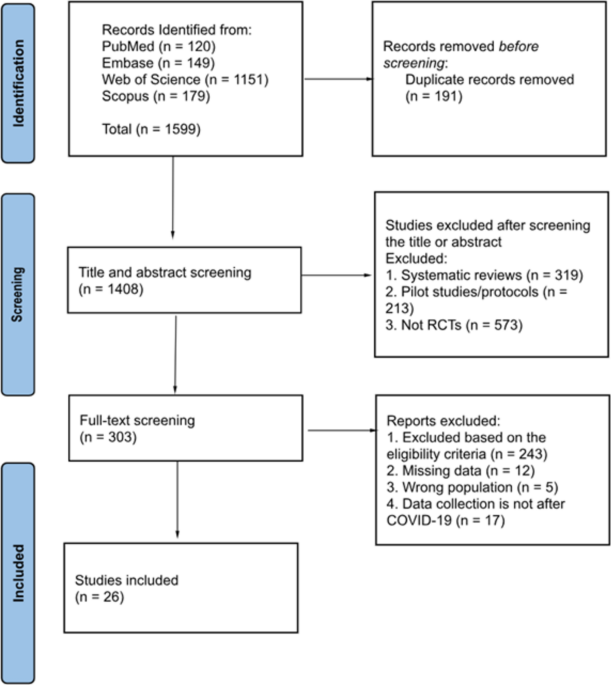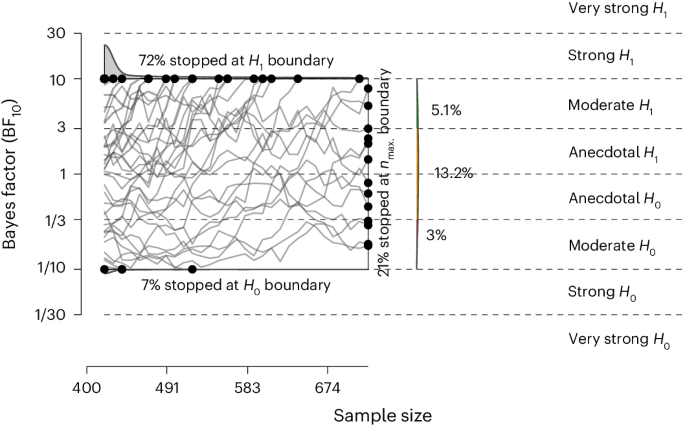
Meditation is a widely practiced technique known for its numerous benefits on mental health and emotional well-being. A wealth of scientific research supports its role in reducing stress, anxiety, and depression, enhancing cognitive functions, and promoting a greater sense of overall well-being.
Stress Reduction and Emotional Regulation

One of the most significant psychological effects of meditation is its ability to reduce stress. Research shows that mindfulness practices can drastically lower levels of perceived stress by activating the body's relaxation response, which decreases cortisol production—a hormone associated with stress[4][10]. Regular meditation can help manage stress, allowing individuals to approach challenging situations more calmly. For instance, a systematic review concluded that mindfulness meditation programs significantly improved symptoms of anxiety and depression[6].
Furthermore, meditation has been linked to improved emotional regulation. Individuals who regularly practice mindfulness meditation report increased abilities to manage their emotional responses to stressful situations. This enhanced emotional resilience can lead to a more positive outlook on life and improved interpersonal relationships[2][9]. By fostering a non-judgmental awareness of thoughts and feelings, meditation helps practitioners observe their emotional states without becoming overwhelmed by them, promoting healthier responses to both positive and negative emotions[1][8].
Reducing Anxiety and Symptoms of Depression

Meditation has proven so effective in addressing anxiety that numerous studies advocate its use in therapeutic settings as a complementary treatment for anxiety disorders. In particular, mindfulness-based cognitive therapy (MBCT) has shown to be as effective as traditional antidepressants in preventing relapse in individuals with recurrent depression[9]. The ability of meditation to enhance self-awareness allows individuals to recognize and detach from negative thought patterns—crucial for effective anxiety management[10].
Furthermore, a systematic review analyzing mindfulness meditation’s effects during the COVID-19 pandemic revealed significant reductions in depressive symptoms among participants engaging in meditation practices[3]. Mindfulness training not only alleviates immediate feelings of sadness and anxiety but also contributes to long-term mental health by reducing rumination—excessive focus on distressing thoughts and feelings[1].
Cognitive Enhancements

Beyond emotional benefits, meditation is also associated with various cognitive improvements. Studies have demonstrated that meditation can enhance attention and concentration, making it easier for practitioners to focus on tasks at hand[6]. Techniques such as focused-attention meditation are effective in strengthening cognitive skills, as they train individuals to resist distractions and maintain mental clarity[9].
Additionally, research indicates that mindfulness practices can improve memory. Long-term meditators frequently exhibit increased gray matter density in brain regions associated with learning, memory, and emotional regulation, suggesting that regular practice can contribute to cognitive health and resilience against age-related cognitive decline[5][8] .
Physiological Benefits and their Psychological Impact

The psychological effects of meditation extend to physical health as well. Evidence suggests that meditation can enhance immune function, reduce blood pressure, and decrease inflammation, which indirectly supports mental health by mitigating the physical effects of chronic stress[4]. For example, studies have shown significant impacts on inflammatory markers and greater cardiovascular functioning among regular meditators, which can foster feelings of physical well-being and reduce anxiety about health[9][5].
Such physiological improvements bolster the psychological benefits of meditation, creating a positive feedback loop. Feeling physically better may contribute to enhanced mood and a greater capacity to engage in social and personal activities, thereby enriching overall quality of life[8][9].
Techniques and Accessibility

There are various forms of meditation, each targeting different aspects of mental health. Mindfulness meditation encourages a present-focused awareness, while techniques like loving-kindness meditation foster compassion and empathy[10][5]. Research suggests that even brief, self-administered mindfulness exercises can effectively reduce stress, enhance pleasure, and improve emotional states[7].
The accessibility of meditation through diverse formats—such as online courses and smartphone apps—has further facilitated its adoption. Users can engage in mindfulness at their convenience, ensuring that they can maintain their practice without significant time constraints[9][10].
Conclusion
In summary, meditation offers extensive psychological benefits, including stress reduction, emotional balance, enhanced cognitive functions, and improved physical health. Supported by scientific evidence, mindfulness practices continue to emerge as effective, accessible means of promoting mental well-being in various populations. Regular meditation can help cultivate a more resilient mindset, fostering personal growth and enhancing overall quality of life in an increasingly stressful world.
Get more accurate answers with Super Pandi, upload files, personalized discovery feed, save searches and contribute to the PandiPedia.
Let's look at alternatives:
- Modify the query.
- Start a new thread.
- Remove sources (if manually added).